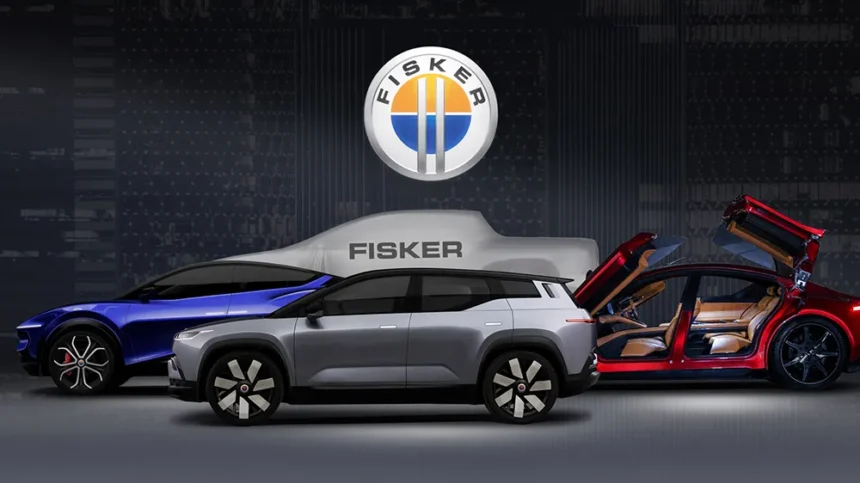Owners of Fisker electric vehicles (EVs) have lost critical software connectivity after a partnership between the Fisker Owner’s Association (FOA) and a car rental company, American Lease, collapsed. This breakdown comes in the wake of Fisker’s June 2024 bankruptcy, leaving thousands of $70,000 EVs without remote services.
What’s Happening & Why This Matters

Although drivers can still use and charge their cars, they no longer receive over-the-air (OTA) updates or remote diagnostics. This means no future bug fixes or maintenance alerts, a driving concern for a software-dependent vehicle.
The FOA, a passionate group of owners, initially partnered with American Lease — which bought 3,300 Fisker EVs post-bankruptcy — to maintain connectivity and support. However, the lack of a formal contract, payment disputes, and a disastrous 2.2 software update deepened mistrust and led to a sudden cutoff of services on May 15, 2025.
From Hope to Breakdown
The partnership started with optimism, focusing on manufacturing replacement parts and maintaining software access. American Lease negotiated a $2.5 million licensing deal to keep access to Fisker’s software, extending benefits to private owners.
The FOA planned to fund this via member dues and donations, but internal disagreements and payment delays strained the collaboration. Meanwhile, a faulty OTA update bricked about 10% of vehicles, further eroding trust.

Without clear invoicing or transparency, American Lease grew frustrated over mounting cloud services and connectivity costs, expecting FOA to share expenses. The FOA resisted, demanding detailed billing to justify the costs to their international members.
The Fallout: Connectivity Cut Off
After FOA missed payments, American Lease cut off Fisker EV connectivity on May 15. Drivers lost access to premium features and essential updates. American Lease will soon offer a new subscription service through its software provider, Indigo.
The FOA is independently developing an alternative connectivity plan led by engineers familiar with Fisker vehicles. Both sides accuse each other of opportunism, but agree the partnership is irreparable.
What This Means for Fisker Owners and the Industry
This case highlights risks in buying software-dependent vehicles where third-party partnerships are fragile. Vehicle ownership now depends not only on hardware but also on continued software support.
The FOA urges regulators to create stronger consumer protections and demand more transparency and control for drivers over connected services.
TF Summary: What’s Next
Fisker EV owners face uncertainty after losing remote software support due to bankruptcy fallout and partnership failure. New connectivity plans are emerging, but this situation underscores the need for regulatory clarity on vehicle software.
As EVs rely increasingly on software, customers must demand ongoing support and transparency guarantees to avoid losing essential services.
— Text-to-Speech (TTS) provided by gspeech


